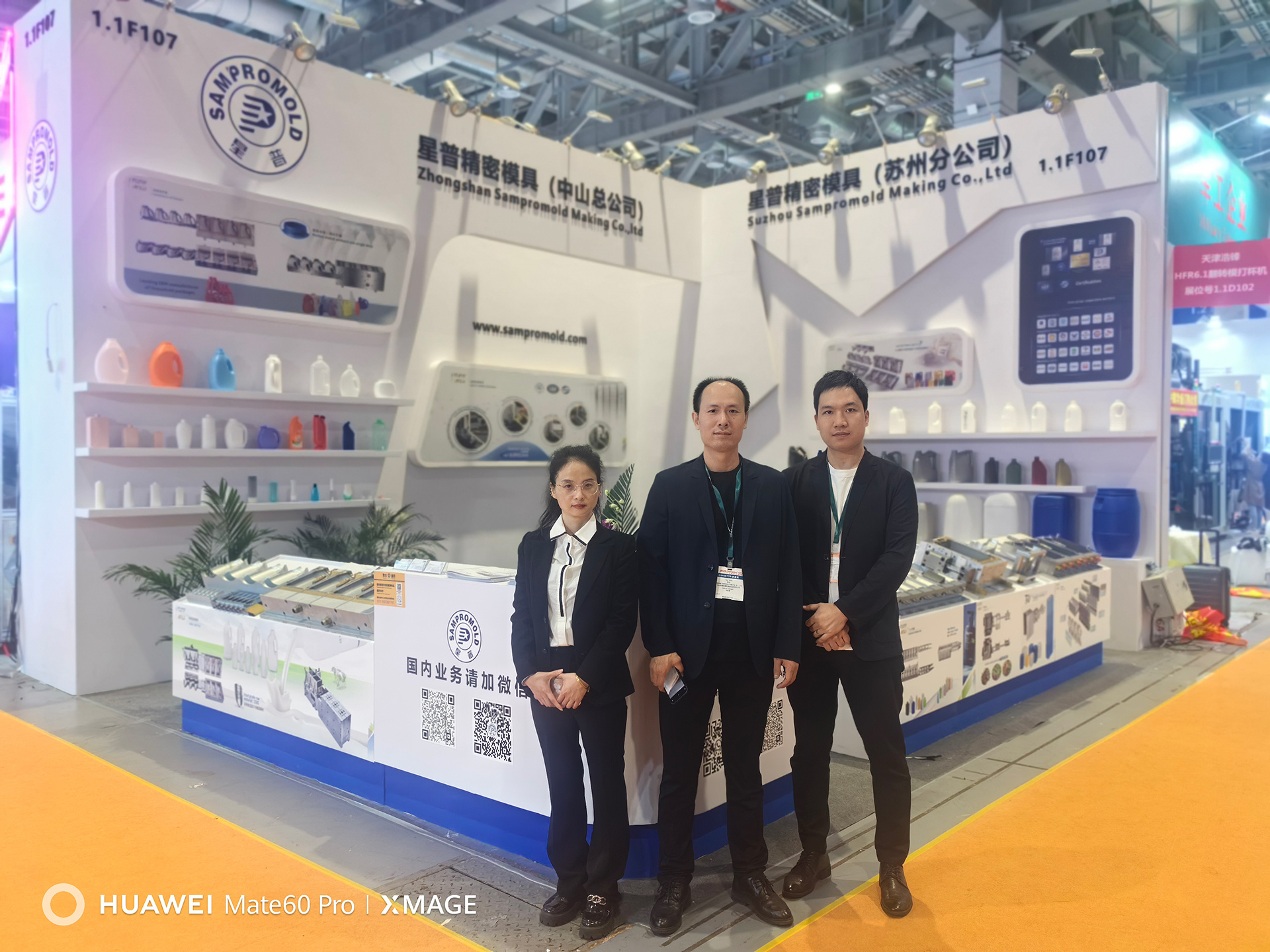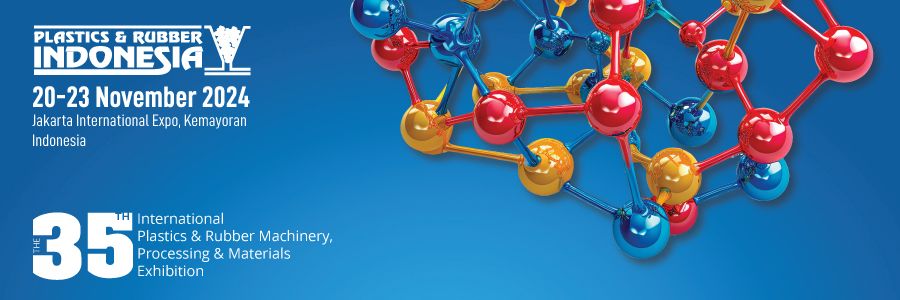Understanding Durable Thermoplastic Injection Molds: A Comprehensive Guide
Time:
2025-07-07
Durable thermoplastic injection molds play a pivotal role in the manufacturing sector, especially in the production of various plastic components through injection molding. This process is fundamental in creating high-quality parts that are not only functional but also aesthetically pleasing. The term "durable" highlights the mold's ability to withstand the rigors of repeated use without significant wear or degradation, thus ensuring consistent quality and efficiency in production.
One of the key advantages of using durable thermoplastic injection molds is their resistance to thermal and mechanical stresses. These molds are typically designed from high-grade materials that can endure the high pressures and temperatures involved in the injection molding process. As a result, manufacturers can produce large volumes of parts with minimal defects, thereby improving overall productivity.
Moreover, the versatility of thermoplastic materials allows for a wide range of applications. From consumer products to automotive components, durable thermoplastic injection molds cater to diverse industries. This adaptability means that manufacturers can tailor their production lines to specific market demands without the need for constant retooling or mold replacement.
In addition, durable thermoplastic injection molds contribute to cost-effectiveness in manufacturing. While the initial investment in high-quality molds may be higher, their longevity and reduced maintenance requirements lead to lower overall production costs in the long run. This aspect is particularly beneficial for businesses looking to enhance their profit margins while maintaining high-quality standards.
Another notable benefit is the environmental impact. Many thermoplastic materials used in injection molding processes are recyclable. This means that manufacturers can contribute to sustainability efforts by utilizing materials that can be reprocessed and reused, thereby reducing waste and promoting a circular economy.
When selecting a durable thermoplastic injection mold, it’s essential to consider factors such as the complexity of the design, the type of thermoplastic material to be used, and the anticipated production volume. Collaboration with experienced mold designers and manufacturers can help ensure that the chosen mold aligns with specific production goals and requirements.
In conclusion, durable thermoplastic injection molds are a cornerstone of efficient manufacturing practices in the plastic molding industry. Their ability to withstand rigorous production demands, coupled with their versatility and cost-effectiveness, makes them an invaluable asset for manufacturers. By understanding and leveraging the capabilities of these molds, businesses can enhance their production processes, reduce waste, and ultimately deliver high-quality products to their customers.
One of the key advantages of using durable thermoplastic injection molds is their resistance to thermal and mechanical stresses. These molds are typically designed from high-grade materials that can endure the high pressures and temperatures involved in the injection molding process. As a result, manufacturers can produce large volumes of parts with minimal defects, thereby improving overall productivity.
Moreover, the versatility of thermoplastic materials allows for a wide range of applications. From consumer products to automotive components, durable thermoplastic injection molds cater to diverse industries. This adaptability means that manufacturers can tailor their production lines to specific market demands without the need for constant retooling or mold replacement.
In addition, durable thermoplastic injection molds contribute to cost-effectiveness in manufacturing. While the initial investment in high-quality molds may be higher, their longevity and reduced maintenance requirements lead to lower overall production costs in the long run. This aspect is particularly beneficial for businesses looking to enhance their profit margins while maintaining high-quality standards.
Another notable benefit is the environmental impact. Many thermoplastic materials used in injection molding processes are recyclable. This means that manufacturers can contribute to sustainability efforts by utilizing materials that can be reprocessed and reused, thereby reducing waste and promoting a circular economy.
When selecting a durable thermoplastic injection mold, it’s essential to consider factors such as the complexity of the design, the type of thermoplastic material to be used, and the anticipated production volume. Collaboration with experienced mold designers and manufacturers can help ensure that the chosen mold aligns with specific production goals and requirements.
In conclusion, durable thermoplastic injection molds are a cornerstone of efficient manufacturing practices in the plastic molding industry. Their ability to withstand rigorous production demands, coupled with their versatility and cost-effectiveness, makes them an invaluable asset for manufacturers. By understanding and leveraging the capabilities of these molds, businesses can enhance their production processes, reduce waste, and ultimately deliver high-quality products to their customers.
RELATED NEWS












